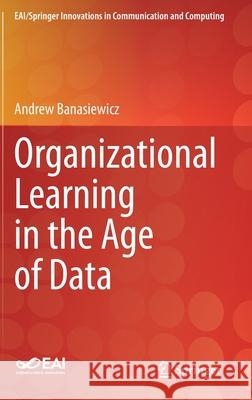Organizational Learning in the Age of Data » książka
topmenu
Organizational Learning in the Age of Data
ISBN-13: 9783030748654 / Angielski / Twarda / 2021 / 307 str.
Kategorie:
Kategorie BISAC:
Wydawca:
Springer
Seria wydawnicza:
Język:
Angielski
ISBN-13:
9783030748654
Rok wydania:
2021
Wydanie:
2021
Numer serii:
000824465
Ilość stron:
307
Waga:
0.63 kg
Wymiary:
23.39 x 15.6 x 1.91
Oprawa:
Twarda
Wolumenów:
01
Dodatkowe informacje:
Wydanie ilustrowane











